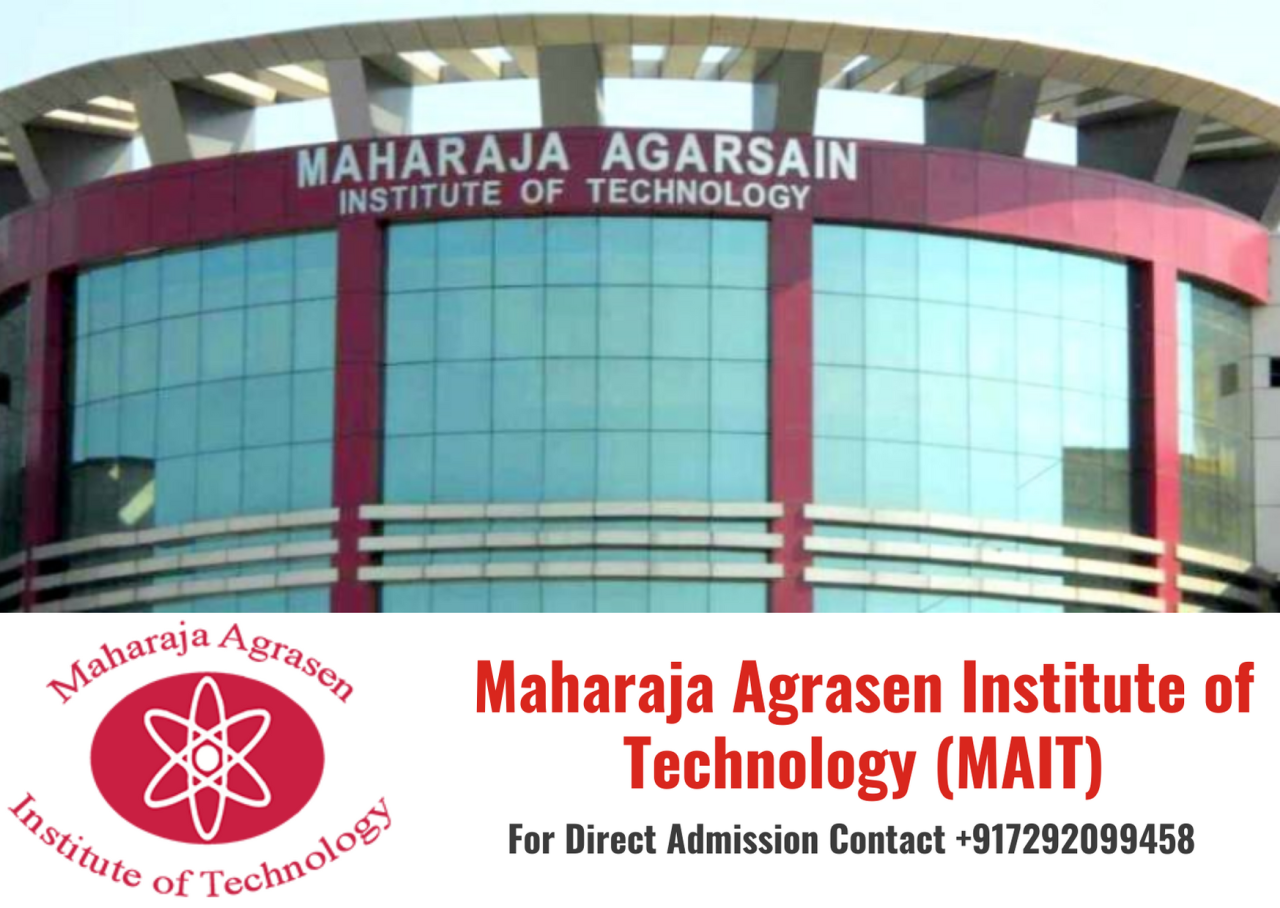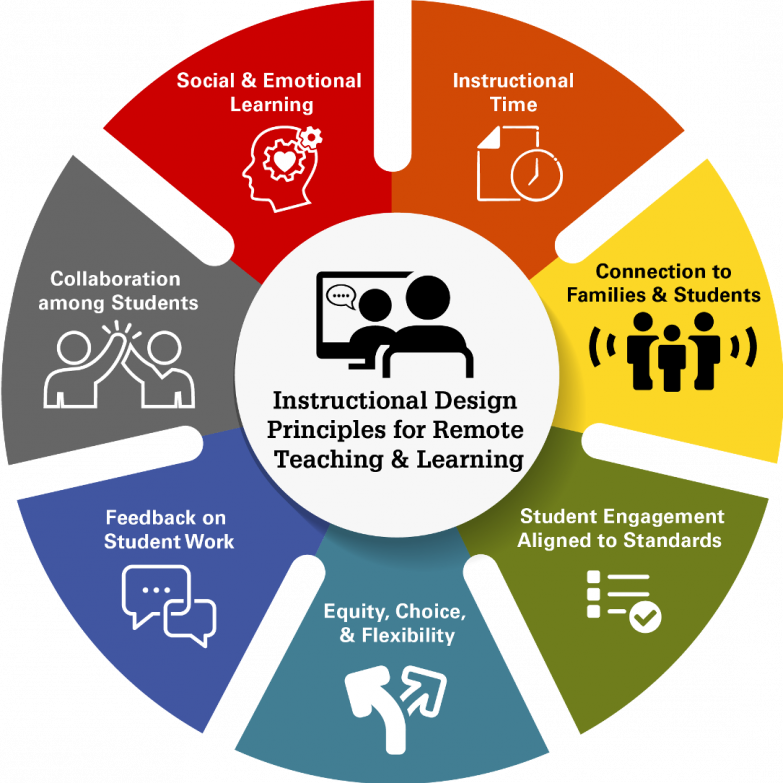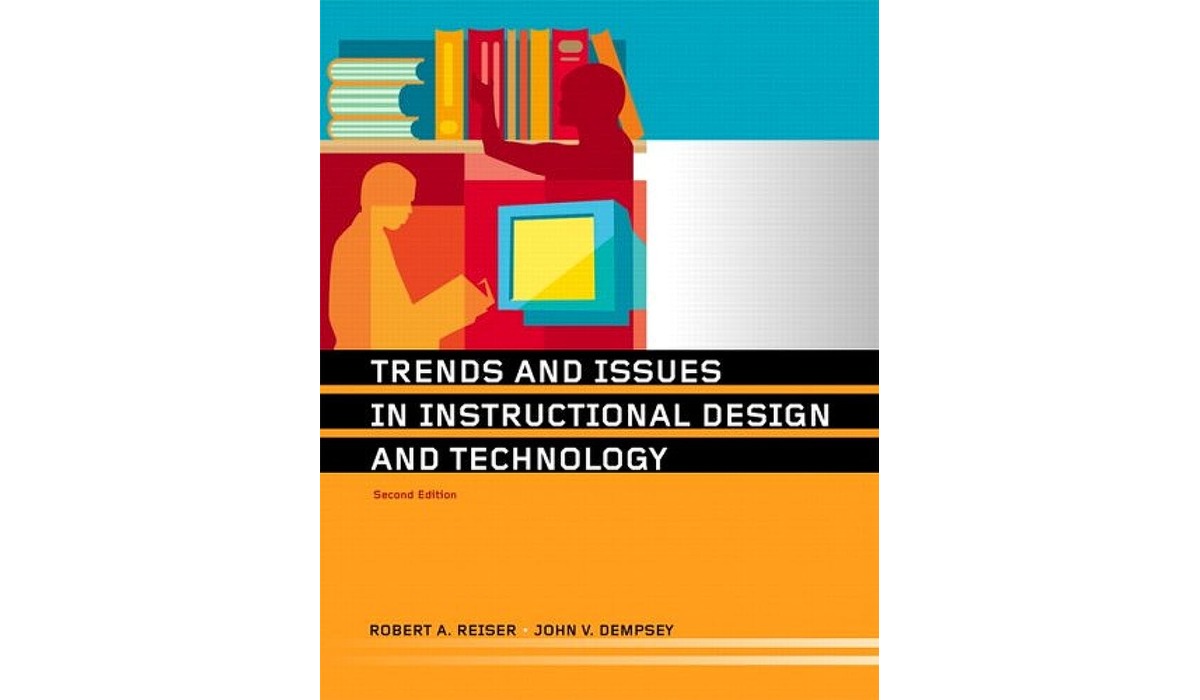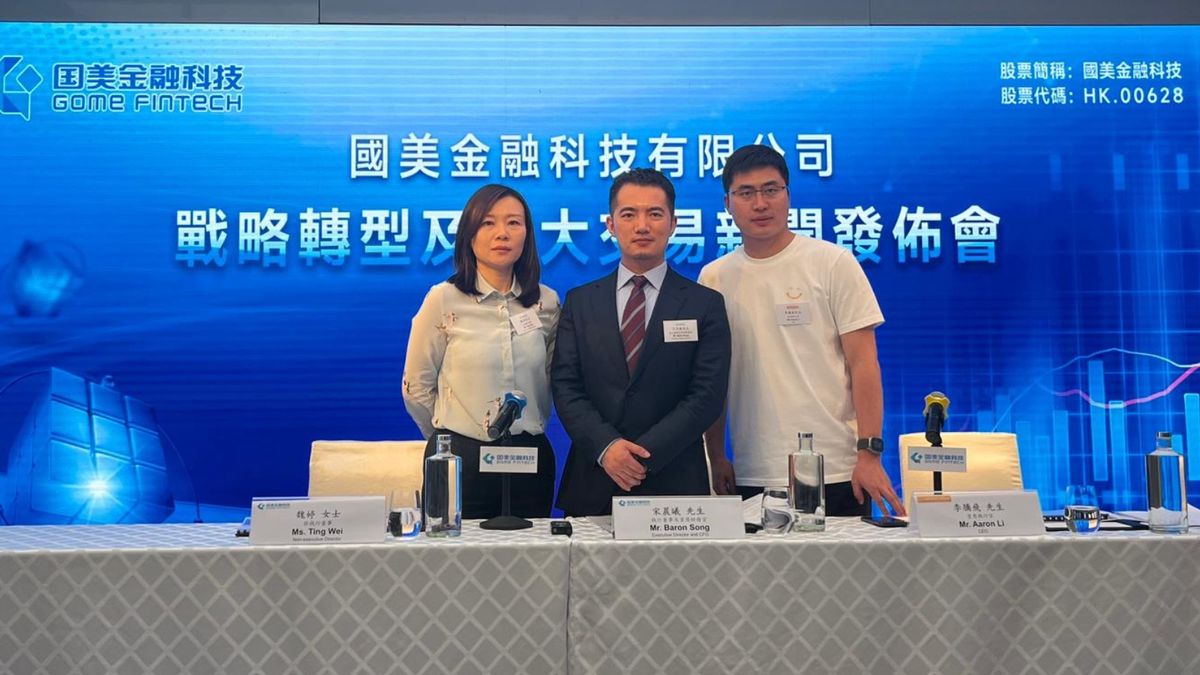Educational Technology Consultants: Bridging the Gap
Educational technology consultants are the bridge between innovative technology and effective teaching practices. They act as guides and advisors, helping educators navigate the ever-evolving landscape of educational technology and implement […]

Educational technology consultants are the bridge between innovative technology and effective teaching practices. They act as guides and advisors, helping educators navigate the ever-evolving landscape of educational technology and implement solutions that enhance learning outcomes.
These professionals possess a unique blend of pedagogical expertise and technological proficiency, enabling them to understand the needs of both teachers and students. They work collaboratively with educators and administrators, analyzing learning objectives, identifying appropriate technology tools, and developing strategies for successful integration.
The Role of Educational Technology Consultants

Educational technology consultants are crucial in today’s rapidly evolving educational landscape, guiding schools and districts in effectively integrating technology to enhance teaching and learning.
Key Responsibilities and Expertise
Educational technology consultants possess a diverse set of skills and expertise, encompassing both technical and pedagogical aspects of technology integration.
- Needs Assessment: They begin by conducting thorough assessments to understand the specific needs and goals of schools and districts, considering factors such as existing infrastructure, curriculum, and teacher expertise. This allows them to tailor their recommendations and solutions to the unique context of each institution.
- Technology Selection and Implementation: Consultants play a vital role in selecting and implementing appropriate technology tools and platforms. They evaluate various options based on factors such as cost-effectiveness, user-friendliness, and alignment with pedagogical goals. They also guide schools through the implementation process, ensuring smooth integration and effective training for educators and students.
- Professional Development: Educational technology consultants are instrumental in providing ongoing professional development for educators. They offer workshops, training sessions, and individualized support to equip teachers with the skills and knowledge to effectively leverage technology in their classrooms. This can include topics such as digital literacy, online learning platforms, and innovative teaching strategies using technology.
- Curriculum Integration: Consultants collaborate with educators to integrate technology into existing curriculum. They help teachers identify opportunities to use technology to enhance learning experiences, such as interactive simulations, virtual field trips, and online collaboration tools. They also ensure that technology integration aligns with learning objectives and supports student success.
- Data Analysis and Evaluation: Educational technology consultants assist schools in analyzing data from technology usage to inform decision-making. They help identify trends, assess the effectiveness of technology interventions, and measure student learning outcomes. This data-driven approach allows for continuous improvement and optimization of technology integration strategies.
Collaboration with Educators and Administrators, Educational technology consultants
Educational technology consultants foster collaboration between educators and administrators, bridging the gap between technology and pedagogy.
- Building Relationships: They establish strong relationships with educators and administrators, understanding their perspectives and challenges. This open communication fosters trust and ensures that technology integration aligns with the needs and priorities of the school community.
- Shared Vision: Consultants work collaboratively to develop a shared vision for technology integration, aligning technology goals with broader educational objectives. This ensures that technology is not simply implemented for its own sake but serves to enhance teaching and learning in meaningful ways.
- Empowering Educators: Consultants empower educators by providing them with the tools, training, and support they need to effectively integrate technology. They encourage a culture of innovation and experimentation, allowing teachers to explore new ways to leverage technology to personalize learning and engage students.
Essential Skills and Qualifications: Educational Technology Consultants
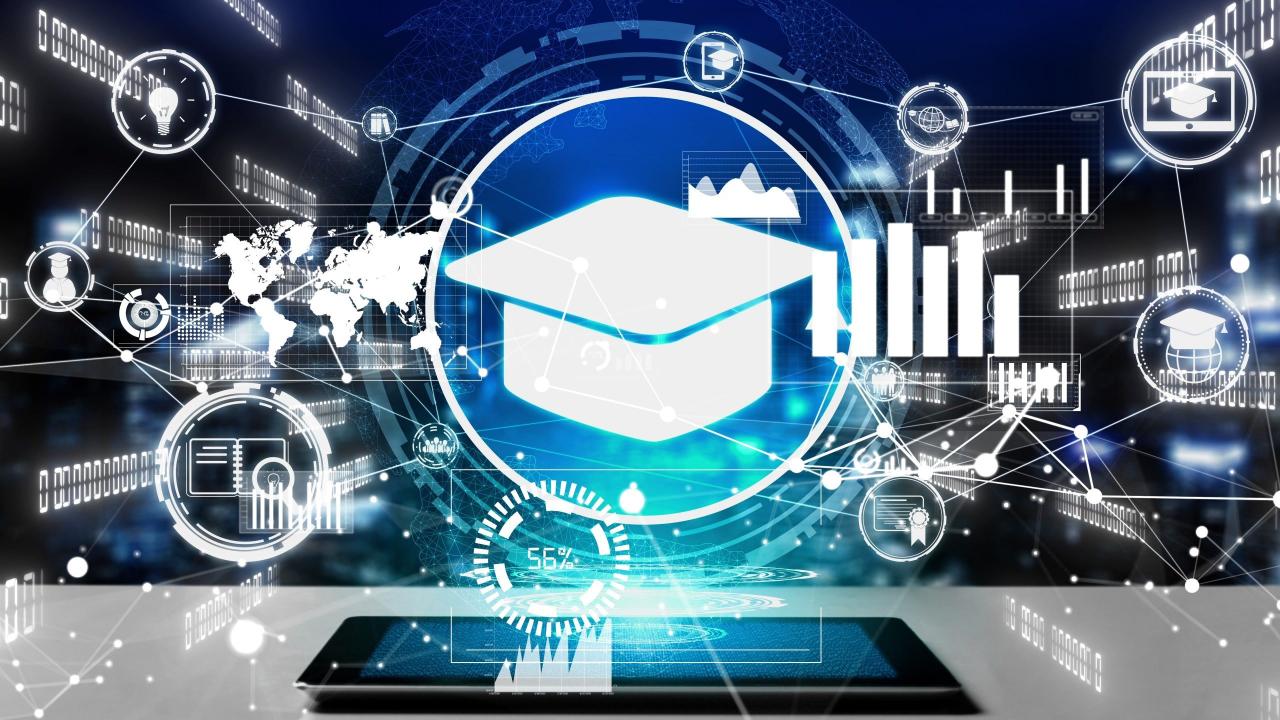
Educational technology consultants play a crucial role in bridging the gap between technology and education. To effectively guide schools and institutions in adopting and utilizing technology for improved learning outcomes, these professionals require a unique blend of skills and qualifications.
Pedagogical Understanding
A deep understanding of teaching and learning principles is essential for educational technology consultants. This knowledge enables them to effectively analyze educational needs, identify suitable technology solutions, and integrate technology into the learning process seamlessly.
- Knowledge of Learning Theories: Consultants must be familiar with various learning theories, such as constructivism, behaviorism, and cognitivism, to understand how students learn best and tailor technology solutions accordingly.
- Understanding of Educational Practices: They should possess a strong grasp of different teaching methodologies, assessment strategies, and curriculum development processes to ensure technology integration aligns with pedagogical goals.
- Awareness of Educational Trends: Staying abreast of current trends in education, such as personalized learning, blended learning, and digital citizenship, is crucial for consultants to provide relevant and future-proof solutions.
Technology Proficiency
Educational technology consultants must possess a high level of proficiency in various technologies and platforms. This includes not only technical expertise but also the ability to critically evaluate and choose the most appropriate tools for specific educational contexts.
- Hardware and Software Expertise: Consultants should be familiar with different types of hardware, software, and digital platforms used in education, including learning management systems (LMS), virtual reality (VR) tools, and educational apps.
- Technical Skills: They should possess technical skills such as network troubleshooting, data analysis, and cybersecurity to ensure the smooth operation and security of educational technology infrastructure.
- Emerging Technologies: Staying updated on emerging technologies like artificial intelligence (AI) and blockchain in education is vital for consultants to advise on future-ready solutions.
Communication and Collaboration Skills
Effective communication and collaboration are vital for educational technology consultants. They must be able to clearly articulate technical concepts to educators, stakeholders, and students, as well as collaborate effectively with diverse teams to implement technology solutions.
- Active Listening: Consultants should be skilled listeners, actively engaging with educators and stakeholders to understand their needs and challenges. This allows them to tailor solutions that address specific concerns and priorities.
- Clear and Concise Communication: The ability to communicate technical information in a clear, concise, and understandable manner is essential for effectively engaging with educators and stakeholders who may not have extensive technical backgrounds.
- Collaborative Approach: Consultants should foster a collaborative environment, working closely with teachers, administrators, and technology staff to ensure successful technology integration and ongoing support.
Summary

In a world where technology is rapidly transforming education, educational technology consultants play a crucial role in shaping the future of learning. Their expertise empowers educators to embrace innovation, enhance student engagement, and create a more personalized and effective learning experience for all.
Educational technology consultants are experts in leveraging technology to enhance learning experiences. Their expertise extends beyond the classroom, as they can also advise on implementing technology solutions in other industries. For example, they can help grocery stores optimize their operations by adopting cutting-edge grocery store technology such as self-checkout kiosks or automated inventory management systems.
This cross-industry knowledge makes educational technology consultants valuable assets for organizations seeking to modernize their operations.


